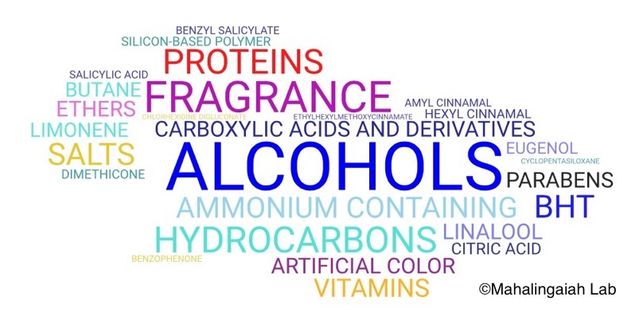Research
Current Research Projects
Ovulation and Menstruation Health Study
The OM Study is an online survey for understanding factors that promote ovulation and menstruation health across the lifespan and factors that increase risk of ovulation disorders, such as polycystic ovary syndrome.
If you are interested in taking the study, please visit the study website here.
Hair Product Use and Risk of Preterm Birth
This study will establish a cohort with the goal of evaluating the association between exposure to hair products, based on the frequency of use, and preterm birth, and gestational age at birth. We also seek to evaluate the disparities between race/ethnicities in hair product use and birth outcomes. This study is funded by March of Dimes.
The FUTuRE Study: Fat Soluble Toxicants and Reproductive Endpoints
More information coming soon!
Completed Research Projects
Ovulation and Menstruation Health: PCOS Cohort Pilot Study
The goal of our PCOS Cohort pilot study is to ultimately establish a prospective ovulation and menstruation health cohort. Findings from this cohort will provide key results to determine windows of greatest risk for mother and child and strategically devise risk-reducing interventions to improve health outcomes across the lifespan. This research is supported by the RSDP seed grant award, and the CTSA grant U54TR001012 via the Clinical Research Resources Office.
Environmental Determinants of Polycystic Ovary Syndrome
This project has two aims: 1) To determine the relationship between adult ambient particulate matter (PM) exposure and diagnosis of ovulatory dysfunction and PCOS phenotypes using data from the Nurses’ Health Study II (NHSII) and 2) To determine the relationship between prenatal and early childhood exposure to tetrachloroethylene (PCE) and PCOS using data from the Cape Cod Health Study Cohort (CCHS). This study is funded by the Reproductive Scientist Development Program (RSDP) Grant K12 HD000849.
Effects of Air Pollution on Reproductive Tract Diseases
The aim of this project is to investigate the relationship between increased exposure to air pollution characterized as particulate matter, the gynecological diseases of endometriosis, uterine fibroids, and infertility. This study is funded by the Building Interdisciplinary Careers in Women’s Health (BIRCWH) Grant K12 HD043444.



